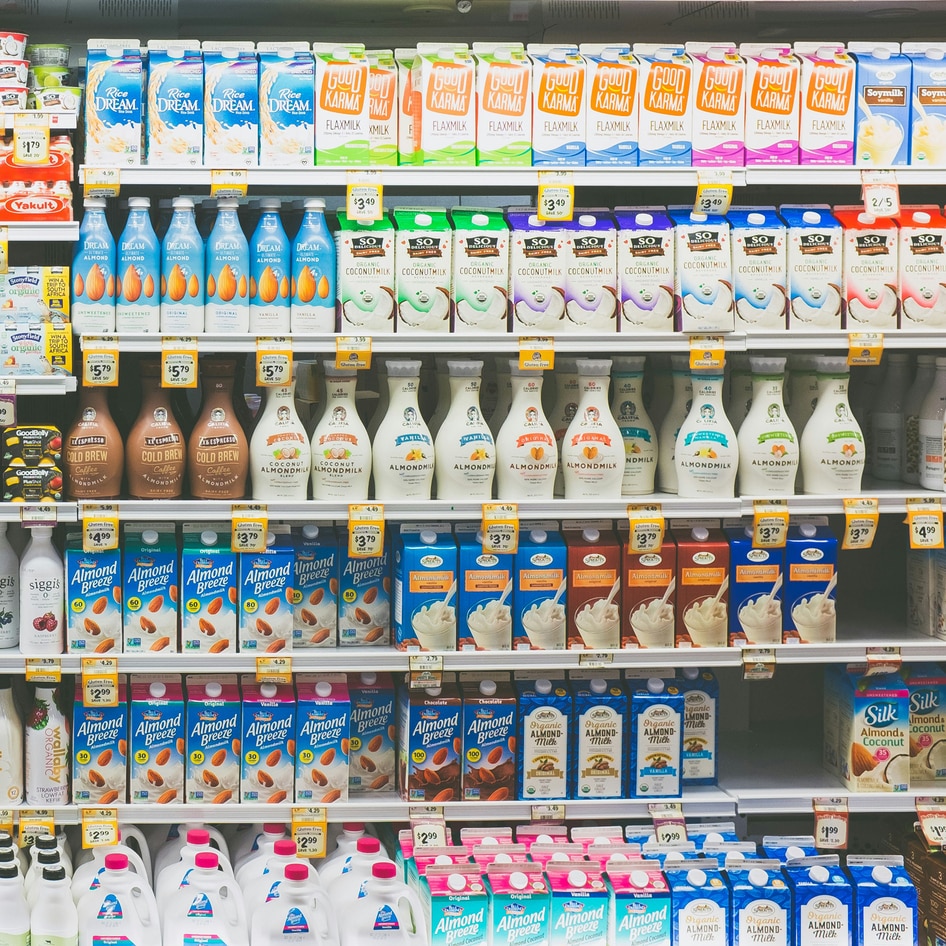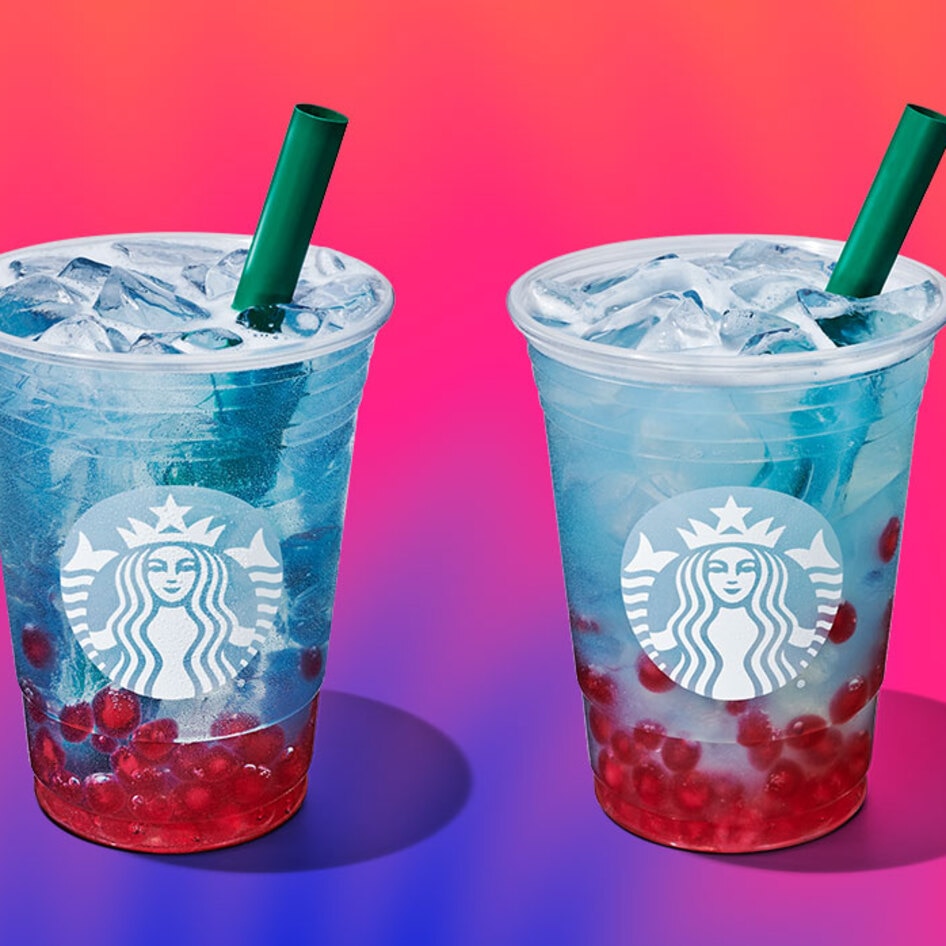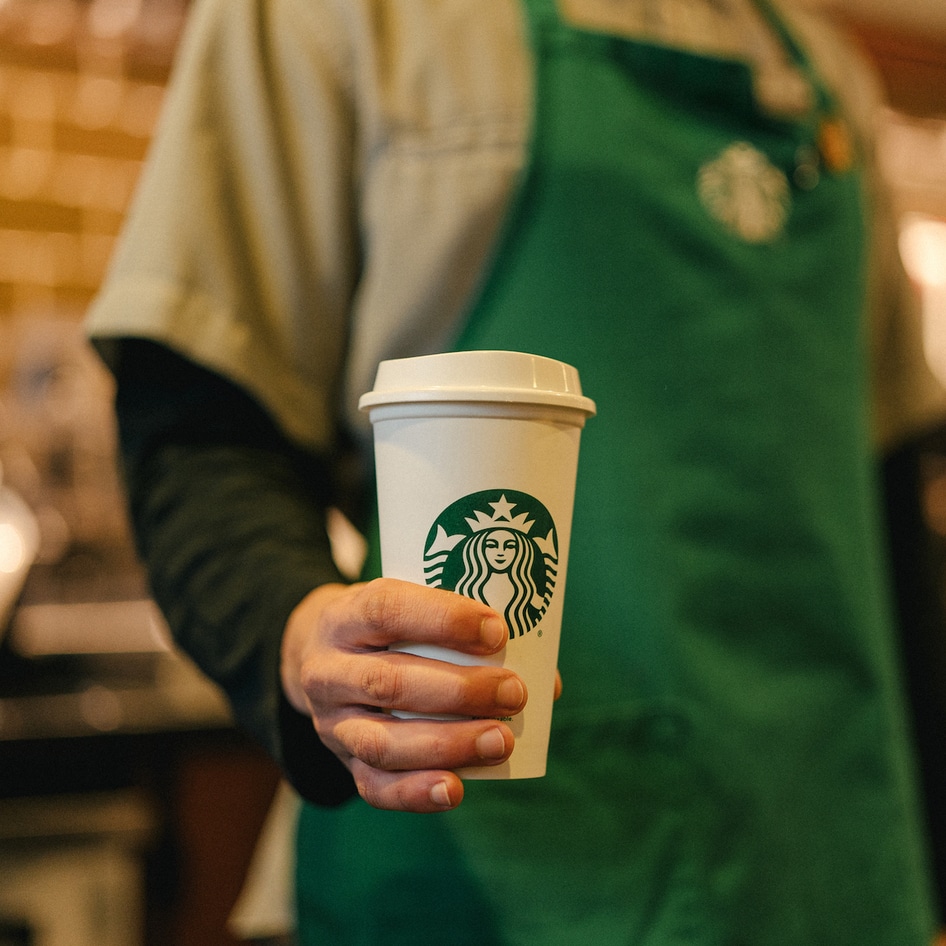Should consumers have to pay extra for vegan milk? A class action lawsuit filed against Dunkin’ Donuts LLC alleges that these surcharges are actually illegal.
Filed in the Northern District of California, the lawsuit, representing 10 plaintiffs with lactose intolerance and milk allergies, challenges Dunkin’s additional charges for non-dairy milk options such as soy, oat, coconut, or almond milk.
In the lawsuit, plaintiffs allege that these surcharges, varying from 50¢ to $2.15 depending on the product and location, violate the Americans with Disabilities Act and other state-level anti-discrimination laws, setting the stage for a potentially industry-altering legal precedent.
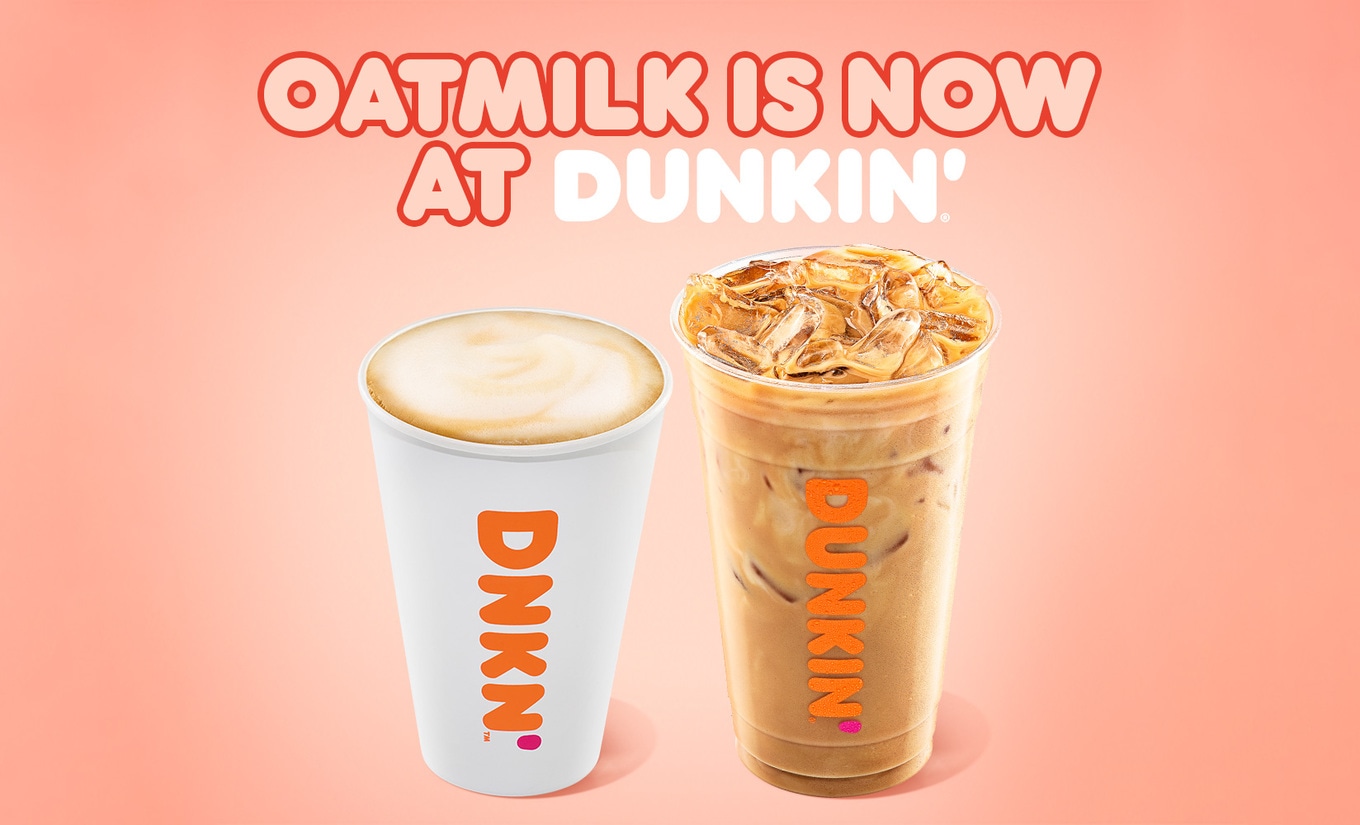 Dunkin’
Dunkin’
According to the lawsuit, these surcharges for plant-based milk can represent a substantial portion of the average $3.25 drink price at Dunkin’. The complaint highlights a stark contrast in Dunkin’s treatment of dairy and non-dairy options, as the chain freely substitutes whole milk or fat-free skim milk for the standard 2-percent milk in its drinks at no additional cost.
The core allegation is that Dunkin’ discriminates against individuals with lactose intolerance and milk allergies, both of which are recognized disabilities, while simultaneously benefiting financially from these surcharges.
The lawsuit claims that Dunkin’ has amassed more than $250 million through what it deems discriminatory and unlawful surcharges.
Is it legal to charge extra for vegan milk?
Current estimates show that lactose intolerance affects between 30 million and 50 million Americans, with some form of lactose intolerance affecting as many as 48 percent of the American population.
The plaintiffs contend that due to their lactose intolerance, they are significantly impaired in various major life activities and are compelled to opt for non-dairy beverages to mitigate the adverse health effects associated with lactose intolerance, such as stomach pain and vomiting. However, Dunkin’ has imposed a premium on these alternatives, further exacerbating the financial burden on these customers.
This surcharge practice has also come under scrutiny not only for its impact on consumer choice but also for its broader ethical implications.
“Charging extra for non-dairy milk options not only harms consumers who need or choose to avoid dairy for ethical, medical, or dietary reasons, it also further entrenches and supports the status quo,” Amanda Howell, Managing Attorney at the Animal Legal Defense Fund (ALDF), tells VegNews.
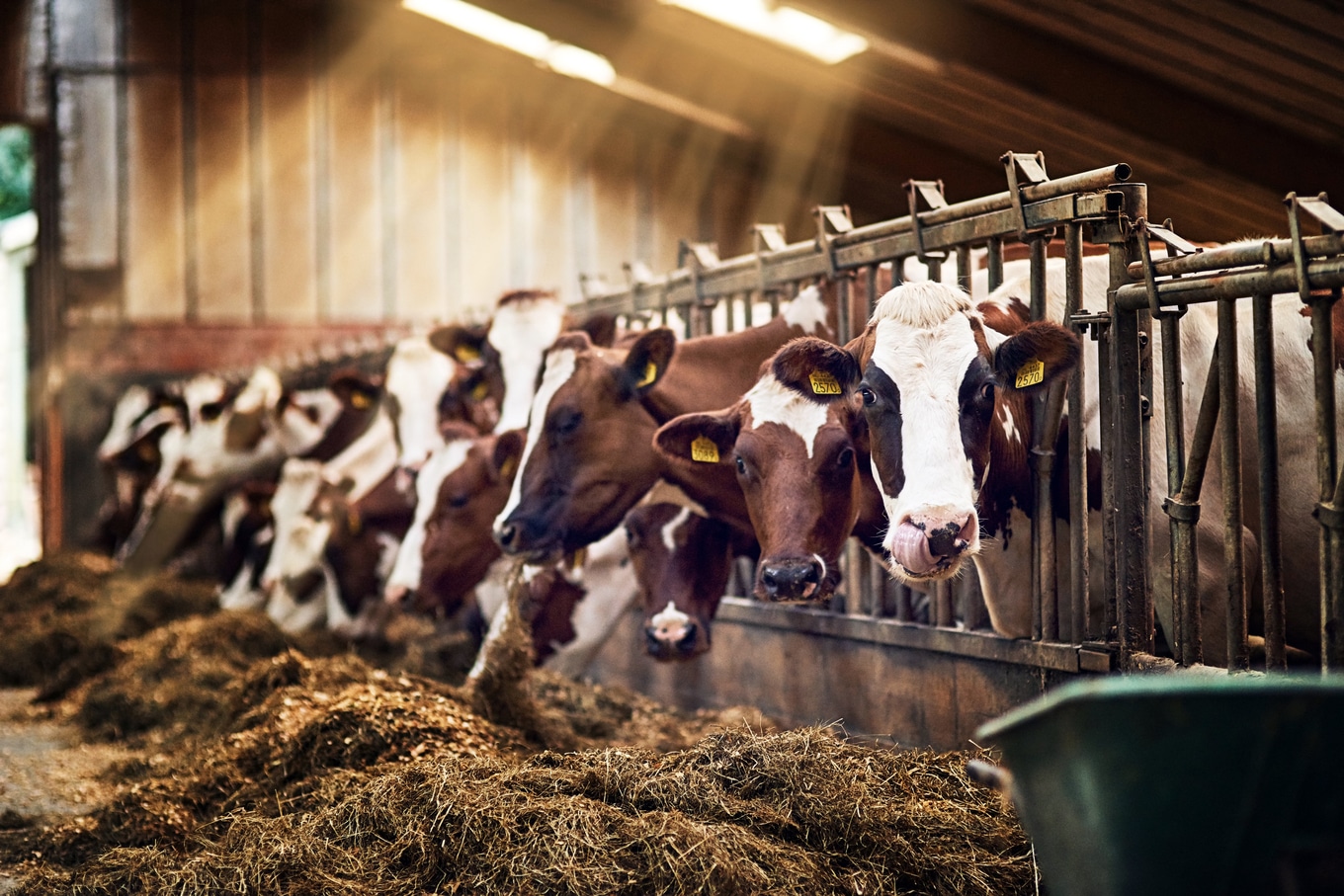 Getty
Getty
Howell underscores the ethical and environmental issues linked to dairy production, advocating for business practices that encourage sustainable and ethical consumer choices, rather than penalizing them.
Is it even legal to charge for these alternatives? Howell draws parallels with past cases where the Department of Justice required universities to offer non-allergenic options. The law around the prohibition of surcharges for Americans with disabilities is also well-established, she says.
“Consumers shouldn’t have to pay extra simply because they choose an alternative to cow’s milk,” Howell says. “As the lawsuit points out, imposing surcharges for products like oat and almond milks is especially egregious considering many Americans have health conditions that necessitate these substitutions.”
This legal action, Howell explains, has the potential to prompt businesses to recognize that they may be breaching the law and subsequently alter the spectrum of choices available to consumers in restaurants. Additionally, she says it could “serve as a catalyst for lawmakers to further clarify that such financial penalties should not be enforced.”
Howell believes that the legal landscape in the food industry, particularly regarding the rights of individuals with disabilities, is still evolving.
“By charging more for oat, soy, coconut, and other vegan milks, companies risk harming their reputations and losing customers in the process,” a People for the Ethical Treatment of Animals (PETA) spokesperson tells VegNews.
The dairy industry is a significant contributor to greenhouse gasses and its inhumane treatment of dairy cows are both part of the ethical drivers behind consumers choosing plant-based milks instead of dairy.
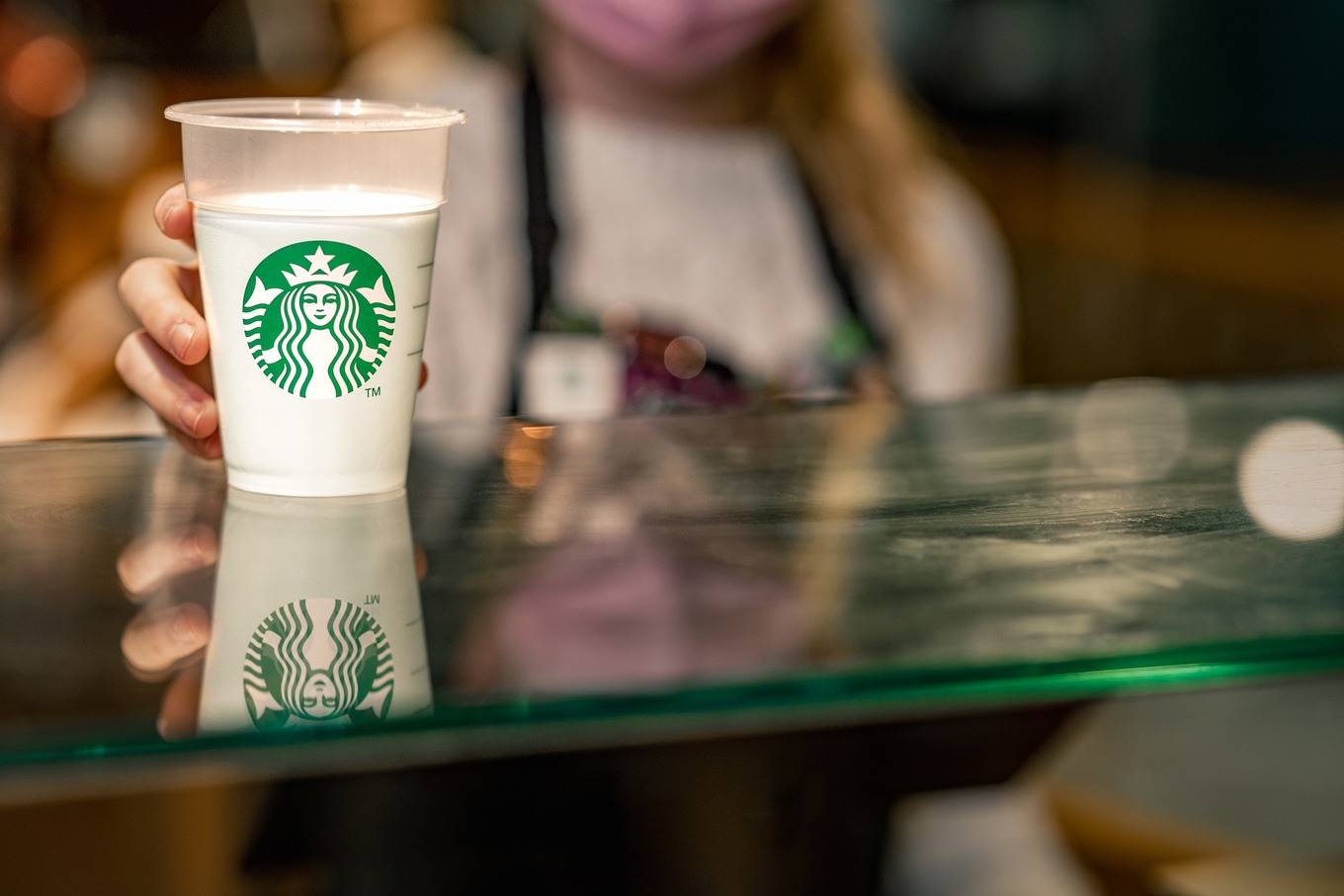 Starbucks
Starbucks
“People shouldn’t be punished for prioritizing animal welfare, the environment, and their own health, and the more people are encouraged to pay for cow’s milk, the more cows will be factory-farmed to produce it,” the spokesperson says.
Vegan milk upcharge at Starbucks
PETA also supports the ADA-based claim in the Dunkin’ lawsuit, noting the disproportionate impact of lactose intolerance on non-white consumers.
“Regardless of what the courts may decide, charging extra for vegan milks incentivizes customers to opt for dairy and penalizes those who choose dairy-free milk—including the approximately 80 percent of Black and Indigenous Americans and more than 90 percent of Asian Americans who are lactose intolerant,” the spokesperson says.
The case adds to the ongoing discourse and public pressure on other companies, most visibly Starbucks, which has faced similar criticism for its vegan milk surcharge.
 PETA
PETA
For several years, PETA and celebrity supporters such as James Cromwell, Alicia Silverstone, and Paul McCartney have all argued that Starbucks must drop its vegan milk surcharges for a number of reasons, including that the practice is discriminatory toward certain customers.
In the United Kingdom, Starbucks did drop its vegan milk surcharges in 2022, a move that came after a 2021 campaign brought to light the discriminatory nature of forcing consumers who do not tolerate dairy milk to pay extra for plant-based alternatives.
The potential success of the plaintiffs in the Dunkin’ lawsuit could send a strong message to companies such as Starbucks, which continues to charge extra for vegan milk substitutions int he US—where it operates more than 16,000 locations, the majority of its stores.
“Upcharging for vegan products is unreasonable and unfair and contributes to cruelty, environmental degradation, and ill health,” the spokesperson says. “Dairy-free options must be affordable and accessible for everyone.”
This sentiment is shared by Howell, who sees the lawsuit as a crucial step towards ensuring that ethical and sustainable choices are financially accessible to all consumers.
“This lawsuit could help businesses realize they are in violation of the law and change the landscape of consumer options at restaurants,” Howell says. “It might also act as a catalyst for legislators to make even clearer that these types of financial penalties cannot be imposed.”
For the latest vegan news, read:
JUMP TO ... Latest News | Recipes | Guides | Health | Shop




.jpg?sha=04ccb4ac6f5c3dba)
